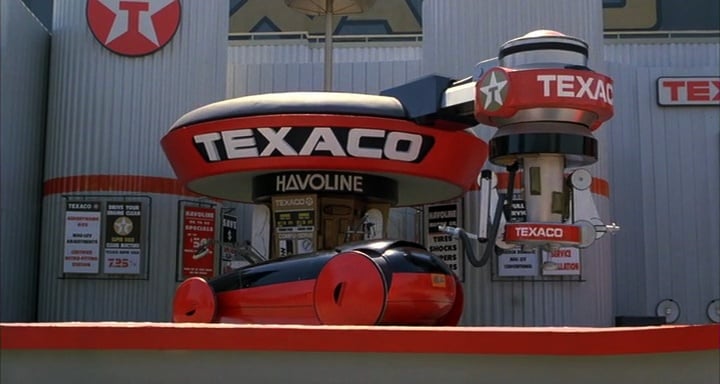Tuesday, 26 September 2017
A Gloomy Welcome To The Future
Partly inspired by the book Rise of the Robots by Martin Ford and partly because of the recent discussion about a global basic income, I started to picture the future inside my head. The future of economies, money, businesses and employment. And they seem very dark, disturbing and mysterious for me.
Currently the technological development is extremely rapid. New technological innovations designed to make our lives easier and our economy more efficient are born almost every hour. The production of goods of services becomes more cheaper and efficient and we people have more spare time in our hands than ever before. Well, at least it should be. I know myself that staring my WhatsApp takes several hours from my day in total. But if I wouldn't do that, I would have lots of spare time in my hands even as I'm writing this.
Even though digitalization and robotization destroy some well-known jobs that we know, it also creates new jobs. Now when we don't need the guy in the production line to pull the handle 8 hours a day, he will be replaced with a repair man who takes care of the machine, cleans it and updates its software. Also more people are needed to invent, build and to design these machines. So in theory, technological development shouldn't increase unemployment significantly in our economy.
But consider this: With the current pace of technological development, we might end up in a situation where artificial intelligence, robotization and digitalization are in a point where jobs and employment aren't needed. The machines could be so advanced that they don't require any updates or maintenance and the machines themselves can create more machines without any human intervention. In a situation like this, no-one would have a job! Several science-fiction movies have already tackled this potential problem with different kinds of representations.
So where does the money go then? The wealth and revenue produced by the machines would go to the owners of the machines and investors. Other people would be unemployed and receive only unemployment benefits (if those). What would other people do? How would they get along? History suggests that probably without any intervention this would inevitably lead to a rebellion, war or a insurrection. This sounds very dangerous at least in my opinion. What if the machines go to war instead of the people who own them? The development of artificial intelligence should be considered partly because of this reason. The machines could seriously turn against us if things get too far. This is what also Elon Musk has been thinking in his latest tweets.
This is where the global basic income would introduce itself. Either governments or an independent fund could arrange a basic income of some sort that would create the flow of wealth from investors and owners of the machines to all the people in the world. This might sound something very idealistic, since usually those who have the wealth, aren't interested to share it with others who "haven't earned it". This could for example be done through transfer incomes and universal corporate taxation, but this would require agreement on global fiscal policies. Are nationalist countries ready for that? I don't think so.
So the establishment of this kind of arrangement would be highly difficult if not impossible. But what about if money itself would become useless because of the technological development? What about if absolutely no one would have a job or a source of income. What would happen then? Most likely individuals and groups would get together and start to either trade or would slowly create a subsistence economy. People wouldn't even need jobs or money and money would become useless.
It is an interesting concept. The big question just is that how we could end up in a situation like the this and to avoid the situation described earlier. Money is something to integrated in our society, that I hardly see a way out of it. It is THE method to use for trade, to measure value and to maintain value. In what circumstances we would be likely to get rid of it? That is something I just can't figure out yet.
But the point is that our technological development is so fast that we hardly take notice. The truth is that the employment and jobs as the way we know it now, will be history. The regular life with nine-to-five days will be over. Then we have to know what else we could do in our lives. Could we finally have more time for exercise and culture? Would people educate themselves more? Or would we just be locked to the screens of our smartphones for a whole day when we got nothing else to do? I fear that the answer could be the latter one and I hope that it won't happen for the sake of humanity.
Anything could happen. Twitter can be used to declare a war, at least according to North-Korea.
Now I'm off to read my WhatsApp-messages, check my Instagram, write a Tweet that a new blog is out and to share this post in Facebook and LinkedIn. And then off to read the Rise of the Robots before going to the bed and prepare myself for the mathematics lectures of tomorrow morning. Oh boy the time indeed flies then.
PS. If you feel like I'm wrong and you're always in a hurry, try to offline yourself. Log out from all of your social media and relax. You will be amazed how much spare time you have in your hands.
Text: SW
Pictures on't belong to me
Subscribe to:
Post Comments (Atom)




No comments:
Post a Comment